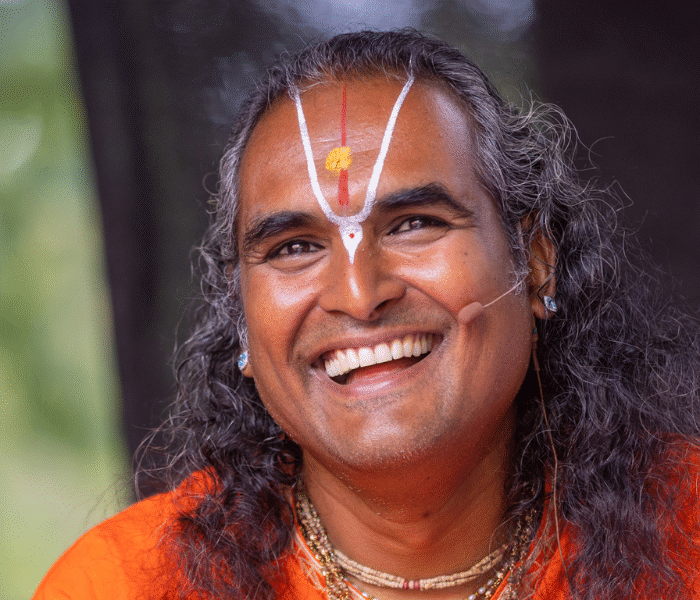5 theories of what happens when we dream

5 dream theories psychology
Dreams are not just random images or fleeting fantasies; they are reflections of our subconscious mind, often carrying valuable messages. I’ve long been fascinated by how dreams can connect us to our inner wisdom.
I make time each day to reflect on my dreams, nurturing this part of myself that holds such profound insights. In this article, we’ll explore five well-known dream theories in psychology and their impact on our lives.
The connection to my dreams
I often dream of Bali, an enchanting place that feeds my soul. In my dreams, I walk through lush jungles, surrounded by emerald greenery, with the haunting sounds of a gamelan orchestra floating through the air.
I encounter a beautiful Balinese goddess who presents me with a magical batik screen. Looking through the vibrant patterns, I see Bali’s landscapes and the familiar faces of friends I love. Waking up, I carry with me the tranquility and connection I felt, and even though I’m far away in California, I continue to feel deeply tied to Bali.
Studies on dreams suggest that we sometimes experience a “dream hangover” – an emotional residue that carries over from the dream.
If it’s a pleasant dream, like mine, it can sustain positive feelings throughout the day. On the other hand, negative dreams may require physical movement, such as shaking off or wiping away the feeling, to help release their emotional weight.
What happens when we dream?
Dreaming is a fascinating, mysterious process that taps into many layers of our psyche, sometimes simultaneously.
Dream theories have emerged to explain why we dream, and each offers a unique perspective. Let’s explore five prominent theories in dream psychology.
1. Physiological theory
One popular theory posits that dreams are simply a byproduct of brain activity during sleep. Some researchers argue that dreaming helps with memory formation and information processing, allowing our brain to make sense of the day’s experiences.
However, many psychologists believe there’s more to it than just random neural firing. Our bodies are deeply connected to our consciousness, and dreams may offer insights into our physical well-being.
For instance, in my own dream, I felt energized and restored upon waking. This aligns with the physiological theory – dreams can provide us with emotional and physical rejuvenation, helping our bodies maintain balance.
Research insight: Studies in neuroscience suggest that the vividness of dreams correlates with brain activity during REM sleep, which is essential for memory consolidation.
2. Day residue theory
This theory suggests that elements of our waking life – people, places, or events – filter into our dreams, providing clues about our current emotional state. Dreams often reflect memories and experiences that have a deep emotional impact on us.
In my Bali dream, many of the images were pulled directly from memories, the batik patterns, the sounds of the gamelan, and the jungle all evoke my past experiences.
These familiar symbols and sensations didn’t just appear randomly; they were deeply connected to the emotions and memories I associate with Bali.
Practical tip: When analyzing your own dreams, reflect on recent events or emotional experiences that might be influencing your dream content. This can help you understand how your unconscious mind processes these emotions.
Also read>>> How to deal with uncertainty
3. Personal psychology theory
This theory emphasizes the role of dreams in reflecting our mental and emotional state. Dreams can offer insights into unresolved issues or desires, providing clarity on our psychological needs. For instance, in Freudian terms, dreams may represent repressed desires or unresolved conflicts.
For me, the Bali dream speaks to my longing to reconnect with the peaceful, grounded energy I experience when in Bali. It’s a psychological expression of my inner yearning to find balance in my life and reconnect with my sense of self.
Psychological insight: Understanding your dreams through this lens may reveal important psychological truths about your relationships, career, or personal growth.
4. Archetypal and collective unconscious theory
Proposed by Carl Jung, this theory posits that dreams tap into a shared unconscious mind, a collective repository of symbols, myths, and archetypes that are universal across humanity. In this view, the characters and settings in our dreams represent universal human experiences, not just personal memories.
When I dream of the Balinese goddess, she may symbolize wisdom, beauty, or the nurturing, feminine aspect of the psyche. The jungle, often seen as a place of unknown challenges, could represent a personal journey of self-discovery.
By analyzing these symbols through an archetypal lens, we can uncover deeper layers of meaning in our dreams.
Jungian insight: Pay attention to recurring symbols in your dreams.
These may be archetypes that reflect universal human themes like the Hero’s Journey or the Wise Old Man, offering insights into your life’s path.
5. Neo-shamanic / indigenous theory
Some cultures view dreams as a bridge to the spiritual world, providing access to wisdom from ancestors or spirit guides. In this view, dreams are not merely reflections of the self but portals to other dimensions of existence, where we connect with energies beyond our own.
In my Bali dream, the goddess could be seen as a guide or spiritual teacher, showing me the way to reconnect with my true self.
The gamelan music may symbolize the sounds of the cosmos, offering a deeper understanding of the interconnectedness of all things. This view encourages us to approach dreams with reverence, as they may carry messages from beyond our immediate reality.
Shamanic insight: Explore dreams with a sense of wonder and openness. Whether through meditation, journaling, or ritual, consider how your dreams may be guiding you toward spiritual or emotional healing.
Bringing your dreams into the waking world
Understanding dreams is not only about interpreting their meanings but also about integrating the wisdom they offer into our daily lives.
After my recurring Bali dream, I began listening to gamelan music, which helps me reconnect with the sense of peace I experience in my dreams. Perhaps you can try incorporating elements of your dreams into your waking life too.
Consider making a model of an object or symbol from your dreams, or calling a friend you saw in your dream to explore the significance of their presence. By engaging with your dreams in a conscious way, you can harness their transformative power.
Takeaway: The next time you wake from a vivid dream, ask yourself: What message might this dream be trying to convey? How can you use its wisdom to enhance your life?e.




